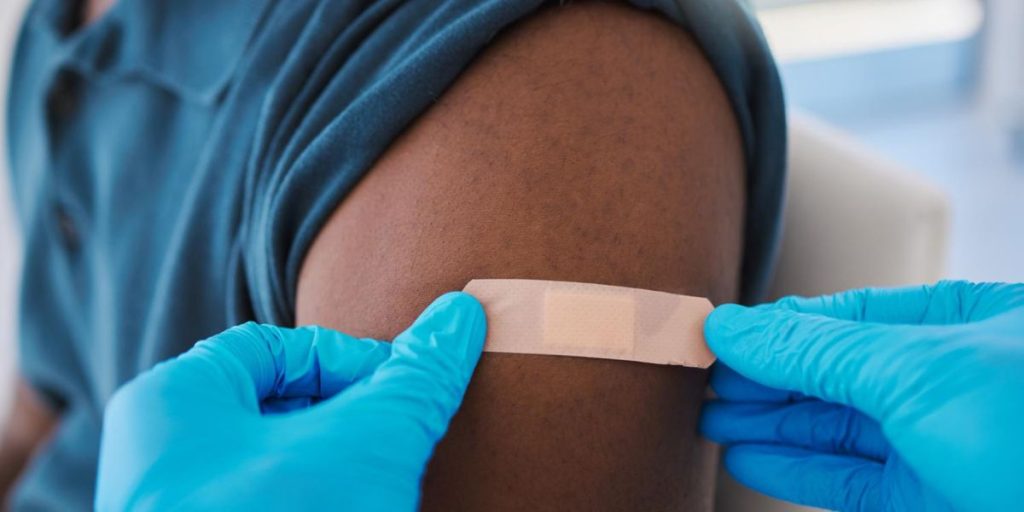According to a new study, states with a higher number of Republican voters are reporting more unpleasant side effects from COVID-19 immunizations.
The study published in the medical journal JAMA examined 620,456 vaccination adverse events reported to the federal Vaccination Adverse Event Reporting System (VAERS) by persons aged 18 and above.
Researchers looked at three different outcomes: the rate of adverse events among vaccine recipients, the rate of any severe adverse effects among this group, and the fraction of adverse events rated as severe.

They discovered that a 10% increase in Republican voting at the state level was associated with a higher risk of adverse event reporting. When it comes to flu vaccines, the association between political orientation and reports of adverse occurrences was not as strong.

Some restrictions were identified, however. Vaccine recipients might file multiple reports, therefore each report was not always from a single person. One notable strength of the investigation was the consistency of the results across different statistical models.
“Observation and belief have a reciprocal relationship. The adage ‘seeing is believing’ acknowledges that our personal experiences shape our perception of truth, whereas ‘believing is seeing’ acknowledges that our preconceptions shape what we perceive in the first place,” the study concluded.
COVID-19 vaccinations, like all immunizations, can cause negative effects. A multi-country study released in February found a stronger link between coronavirus vaccinations and side effects such as Guillain-Barré syndrome, myocarditis, and pericarditis.
However, the researchers in this investigation found that COVID-19 infections were more likely to cause these illnesses than immunizations.